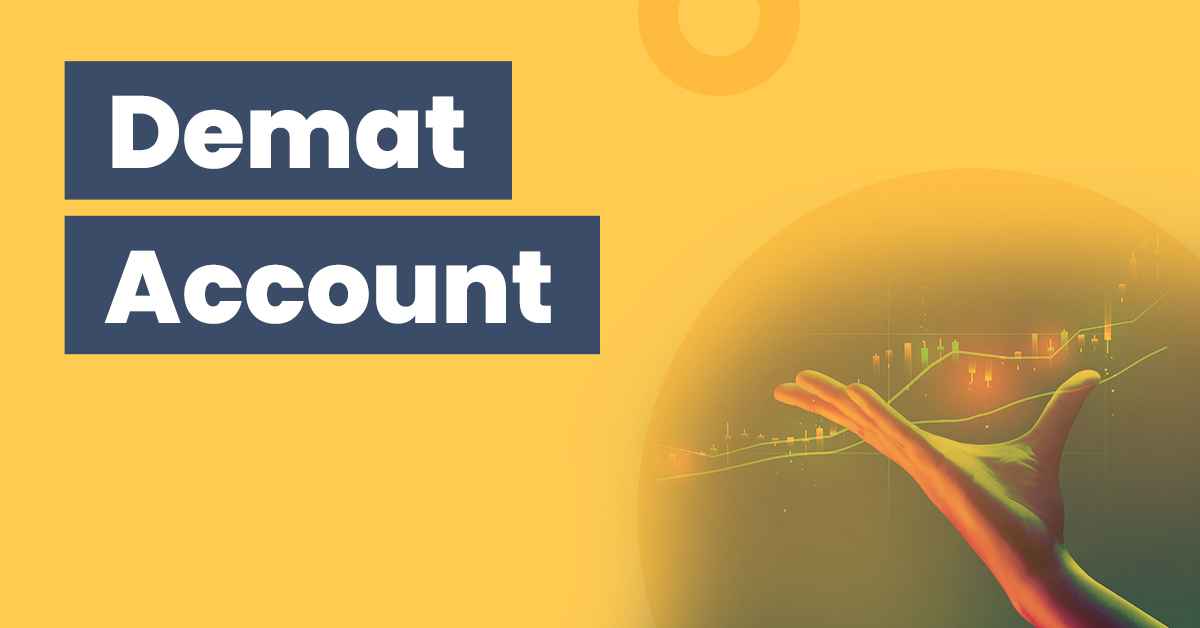Step by step instructions
You can use mortgages to buy investment property. Partnering with a lender is a great way to ensure you are knowledgeable about mortgages.
This article will help you in your mortgage search. This article will give you the guidelines for lenders and the documentation needed in addition to the five required steps.
What are Mortgage Lenders Looking For?
Lenders will assess your ability to repay the loan if you apply for a mortgage. The lender will also take into account several factors. They also consider your earnings, credit score, and work history.
History Employment History
The amount of income you have will be a key factor in determining if you are eligible for a mortgage loan. It is not the most important thing to earn a certain amount. Before you apply for a loan, mortgage lenders will examine your earnings.
Credit Score
Your ability to get a mortgage is affected by your credit score. Lenders are more likely to approve your mortgage application if you have a high credit score. Lenders will be more inclined to approve your application if your credit rating is high. If your credit score is high, lenders are more likely to approve you. They will also recognize your ability to pay on time and that you have a track record of paying. Poor credit scores are dangerous because lenders can look at your financial records to see if you have not managed your finances well in the past. Minimum credit score is 680. This score is required for conventional lending. To be eligible for a government-backed loan, you must have a credit score of at least 580. You may need to score different points depending on the loan you apply for. Higher scores can result in lower interest rates and greater lending opportunities. Before applying for loans, it is a smart idea to raise your credit score.
Debt-To-Income Ratio (DTI)
Your income and credit score are affected by your ratio of total debt to income. This helps lenders determine if you have enough cash flow to be able to get a loan for your home. DTI is the term that describes your monthly cash flow. DTI refers to the minimum monthly payment you make in debt, as well as your gross monthly earnings. Include student and auto loans in your DTI. You can also calculate without having to pay for food or Netflix subscriptions. DTI may be required by a lender depending on the type of mortgage you are applying for. A minimum of 50% DTI is required for conventional mortgages. Higher minimum requirements are required for loans that are backed by government Independent mortgage Broker
Assets
Before you can apply for loans, lenders will need to see proof that you have sufficient funds in your bank account. Lenders will require proof that you have enough funds in your bank account to repay the loan.
These examples are for you.
* Savings accounts
* Retirement accounts to help you retire
* Investments that are tax-deductible
Types and properties
The type of property you buy will impact the type of loan you can get. Lenders may face different challenges with different types of homes. A smaller home is required for a single-family residence. It is your primary residence. Lenders will be more aware of the fact that most home expenses fall within the reach of most people’s budget and will offer better terms. It is easier to pay your bills. A homeowner who is having financial difficulties may have to sell their investment property. Before granting a mortgage, the lender might require a larger down payment and a better credit score. The type of property and the interest rate will determine the requirements. Some lenders may not be able to lend to all property types.

What documentation is required to obtain a mortgage?
A complete set of documents can help you to apply for a loan. Let’s look at what documents are required to complete your mortgage application.
Proof Of Income
To confirm your income, your lender might request various documentation. These documents could be required by your lender to verify the income you have.
Federal tax forms cannot be used for less that 2 years.
Two W-2s.
Self-employed can easily access profit and loss statements and forms.
All legal documents (e.g. Documents such as child support orders or divorce decrees are required to establish your eligibility for payment. To confirm your eligibility for payments, you will need to submit all legal documents (e.g. An order for child support and divorce.
Document that shows you have been paid alimony/child support for at most 6 months (if any).
credit documentation
Lenders will need your written consent or oral consent to look at information about your credit score. Lenders will need your written or oral consent to review your credit reports.
Evidence of Assets and Liabilities
A lender might ask you to provide evidence of your assets.
At least 60 days’ worth of statements will be available to verify your assets in savings and checking accounts.
This is the most recent report you have received from your retirement or investment account
To sell assets that you have already transferred, it is important to provide documentation. You will need a duplicate copy of the title transfer form for your vehicle, for example.
You will need to show that the gift money was transferred into the account within the last two months.
Your lender may contact you to provide additional information about loans such as student loans and auto loans. It will be much easier to work together with the loan company.
How do I apply for a loan
After all paperwork has been completed, it’s time to begin looking for credit. A can assist you in getting a loan for your home purchase.
Apply for Preapproval of Mortgage
Pre-approving is a way to determine how much the lender will lend you. To determine the amount they will give you, the lender will consider your credit score, income, and assets. The rate of interest will be determined by them. There are two types of preapproval: prequalifications and preapproval. To get approvals, you must submit proof of assets. Preapprovals are much more accurate than prequalifications. Although prequalifications can be useful, they do not give you an exact picture of how much you will need to borrow. However, preapprovals can be obtained. Lenders will need documentation to prove income and repayment obligations if you are applying for a mortgage. Preapprovals can help reduce the time it takes to find a property and provide an estimate of how much you will need to repay the loan. This will make your listings more appealing to buyers and realtors.
Get your Credit Score
Your answers to any questions regarding your financial situation and assets as well as earnings are necessary for approval. These reports include a list of all loans that you have received from creditors or lenders over the years. These reports are available to credit unions and banks, as well as credit card companies.
You have the option to customize Your Mortgage Solutions
It will assess the credit score of your clients and provide you with customized mortgage options that meet your needs. We will show you all available mortgage options and how much you might be eligible for a loan.
Step 2: Get Your Approval Letter
You can verify your application has been approved if you have chosen the right mortgage for you and submitted an online application. To notify you of your approval, we will send you a Prequalified letter.
3. Offer an item
Finding the right house is the most rewarding part. It’s best to consult a local agent if you are looking for your first home. A realtor will be able to help narrow down your search and assist you in finding the right homes for your needs. After you have found the perfect property, your agent will assist with submitting an offer. You can move forward with your home-buying journey if the seller accepts your offer.
4. Verify the information
During this stage, an underwriter will examine your assets and financial statements. To verify the information that you provided in your application, underwriters may ask you to provide documents and other evidence. Lenders may also request additional information to verify your property. This usually involves an appraisal request. It also confirms the title and schedules inspections if required by the federal government. Once the underwriting process has been completed and the closing statement accepted, the Closing Disclosure is sent to you. The Closing Disclosure includes all details about the loan including your monthly payments, downpayment and interest rate. After you have submitted a loan application, you must submit a Closing Disclosure that is identical to your lender’s loan estimate within three business days.
5. Closing
You’ll be permitted to be part of the closing if your loan is approved. At closing, you can raise any questions regarding the loan. The closing disclosure, a photo ID and a deposit are required. To pay closing costs, a check must be paid. Once you sign your loan, you become a homeowner.
These are the most crucial requirements to obtain a loan
The lender will take into account many factors when you apply for a loan. Lenders will examine your credit history, credit scores and earnings. They will also examine your assets and debt-to-income ratio assets. All documents will be required to verify your creditworthiness. Preapproval is the first step in obtaining a mortgage. Preapproval gives you an estimate of how much you might be eligible for. You can find the right house by going through the approval process. Once you have been approved, you can begin searching for homes or get the help of an estate agent. After you have found the perfect house, an agent will help you make an offer. Once the seller accepts your offer you will need to get approval from the loan company. Approvals may include underwriting or appraisals. Your lender may invite you to a closing meeting if you have been approved. You will then receive the final forms.





